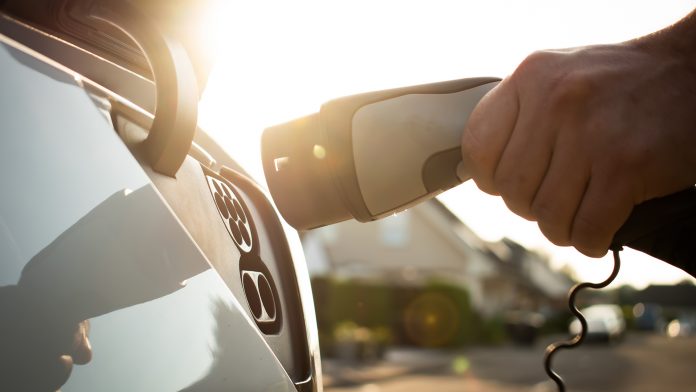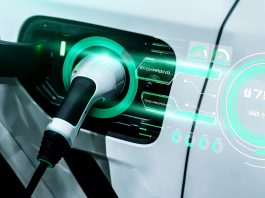Are you unsure about switching to an electric vehicle? Go Zero Charge debunks the Top 10 electric vehicle myths to help you transition to electrification.
As the UK heads toward the looming ban on the production of diesel and petrol cars in 2030, there’s still a significant gap in electric vehicle (EV) awareness and education in the motoring space, causing unfair prejudice against EVs due to myths that have grown in popularity.
In response, the team of EV experts behind the Optimus, www.GoZeroCharge.com‘s top-of-the-line smart EV charger, have exposed a handful of the most common electric vehicle myths in a bid to encourage more motorists to make the transition.
There’s no financial upside
One of the most common electric vehicle myths is that there are no financial upsides. In fact, owning an EV can lead to significant cost savings, particularly with the current measures in place to provide financial advantages to EV owners.
For instance, EVs are currently exempt from vehicle tax, although this exemption is scheduled to change from April 2025, when standard road tax rates (currently £165 per year) will be applicable.
In addition to the current vehicle tax exemption, some energy suppliers offer cheaper tariffs specifically for EV charging, and certain car parks provide free parking spaces for electric vehicles.
Furthermore, some councils offer reduced or free permits for on-street parking overnight, benefiting those who must rely on this type of parking arrangement. Overall, EV ownership can provide various long-term cost-saving benefits for motorists.
EV charging is too complicated for me
Charging an electric vehicle is a straightforward process that involves a few key steps. First, locate the charging port on your car, typically resembling a fuel cap. Consult your vehicle manual for the exact location.
It’s important to understand that EVs can be charged at different speeds, with four main categories: slow, fast, rapid, and ultra-rapid. Rapid and ultra-rapid chargers are commonly found along motorways, while slow and fast chargers are typically used for home charging, especially overnight.
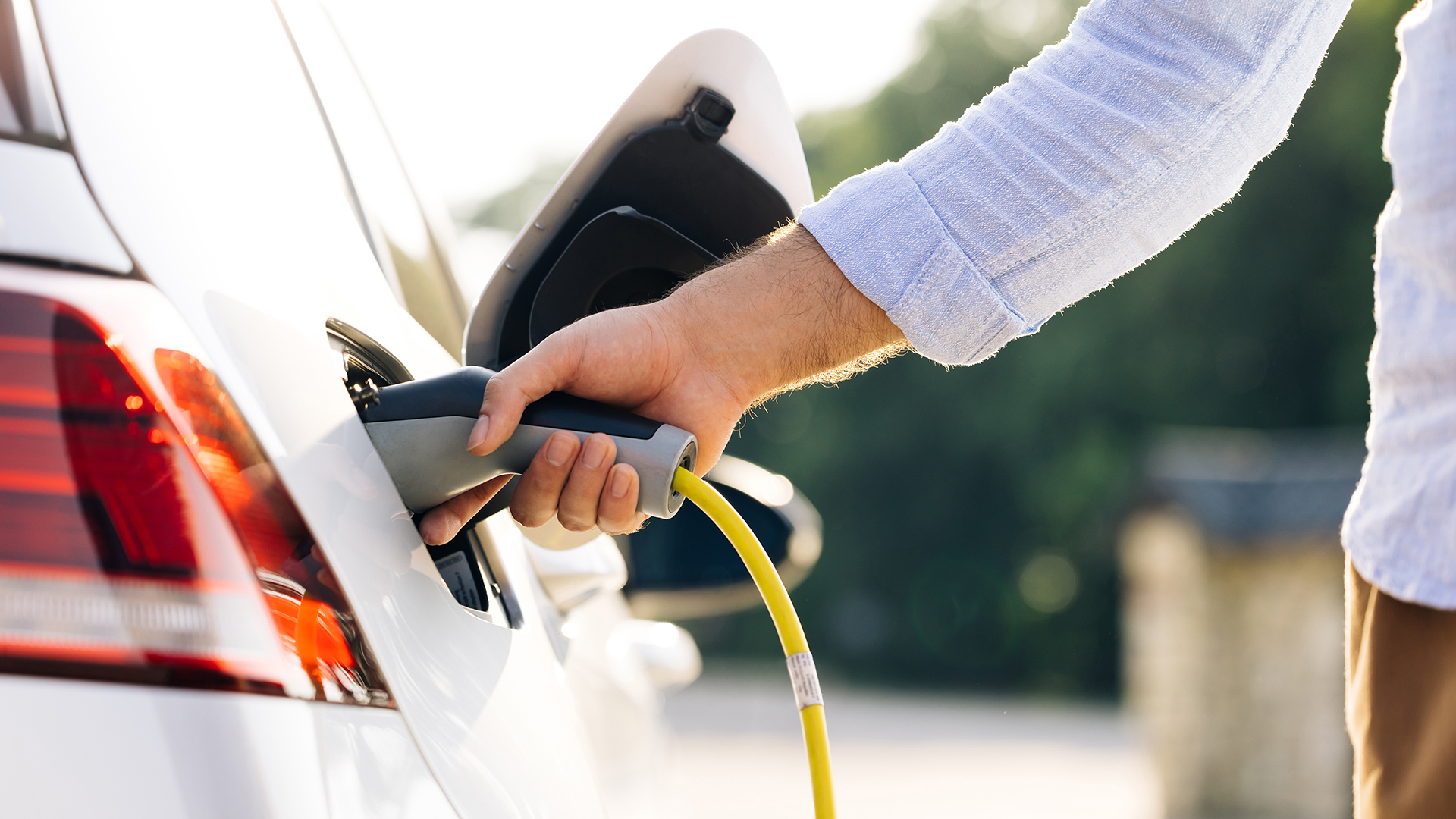
To ensure you’re fully prepared for mid-journey electricity top-ups, keeping a charging cable in your car is recommended. For public chargers, payment is required. Various mobile apps and websites are available to assist EV drivers in finding cost-effective charging options and planning journeys based on vehicle range and charging needs.
I can just use a three-pin plug to charge my EV
It cannot be emphasised enough that opting for a dedicated smart charger is a far more attractive solution than relying on a standard three-pin plug.
With enhanced safety features, smarter charging capabilities, and faster charging speeds, installing a smart charger represents a significant step towards cost-effective, secure and reliable charging.
Once the charger point is installed, charging the vehicle overnight rather than during the day can be cheaper depending on the domestic tariff chosen, making the overall process more affordable.
From a safety point of view, using a three-pin plug can present a significant fire hazard and also risks invalidating your home insurance, so these should be avoided and only used in an emergency.
I can’t have an EV charger at a rented flat
Currently, only 80% of EV drivers have a home charger, but the main reason that the remaining 20% do not is because they live in a property where they seemingly cannot get one installed, such as a rented flat in an apartment complex.
However, installing a charger has never been more appealing for apartment complexes than it is right now, with the Office for Zero Emission Vehicles (OZEV) offering financial support of up to £500 per passive parking space and an additional £350 per active parking space (£850 total).
What’s more, any apartment block leasing one or more Optimus chargers has the unique opportunity to rent out its charger(s) and earn a profit (per kWh). If an apartment block installed four chargers and decided to rent out each charger for £0.20 extra per kWh for electricity – using Go Zero Charge’s revenue calculator, it was found that renting out four EV chargers at 20% utilisation (percentage of use in 24 hours) equals £8,166 in estimated net profit per year.
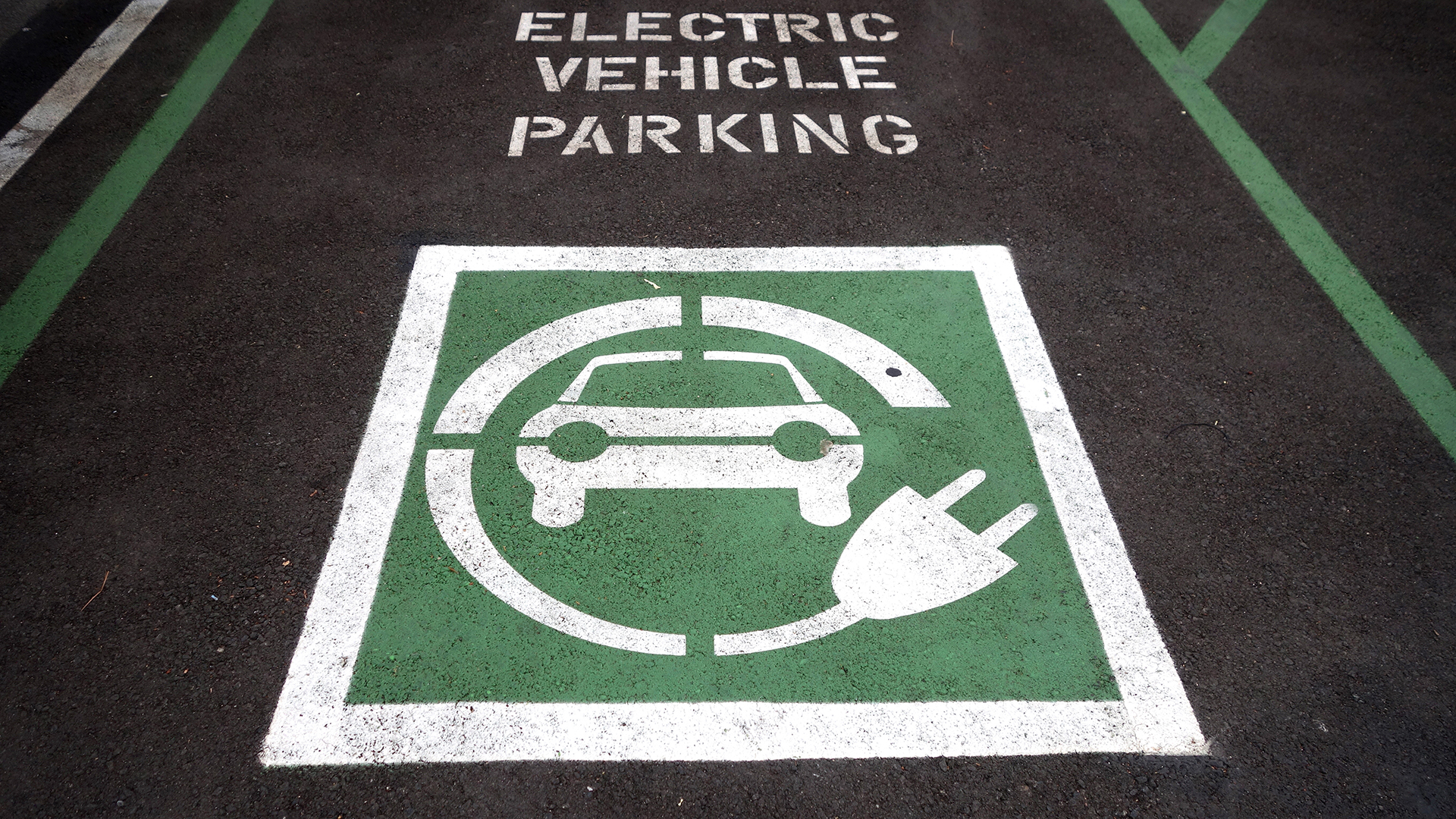
Go Zero Charge recently unveiled the UK’s first apartment complex with reservable EV charging stations for its residents in Southampton, in what the team expects will be the first of many more to come.
I won’t be able to complete long-distance journeys anymore
Being unable to travel long journeys is one of the most prevalent electric vehicle myths. When embarking on a particularly long trip, you should plan ahead and identify charging points along your route.
This can be facilitated by utilising one of the many apps and websites designed for EV drivers, which provide information regarding the locations of public charging points and associated costs.
EV chargers can be found in various locations, including supermarkets, service stations, public car parks, restaurants and hotels. However, it’s important to note that charging speeds may vary among different chargers.
Therefore, pre-planning your stops can help ensure a faster charging experience. Additionally, as mentioned previously, you should carry your own charging cable, as certain public charging points may not provide one.
EVs don’t offer enough range
When deciding on the ideal EV to purchase, you should prioritise the charging range that best aligns with your requirements. The distance an EV can travel on a single charge plays a role in determining its value – akin to the fuel economy of a petrol or diesel car impacting its price.
However, consumers should remember there’s a choice between purchasing a fully electric vehicle and a hybrid car, which offers the convenience of both charging and traditional refuelling. Making the right decision also depends on the availability of charging infrastructure in your area.
If you opt for a fully electric vehicle, it’s essential to ensure that you have convenient access to an ample number of public charging stations or have the means to install a charging point at home.
Additionally, if applicable, you can also ask your employer about any charging provisions provided, as some businesses are supporting their employees’ transition to EVs. In cases where access to a charger might be a concern, hybrid models can offer a more suitable alternative.
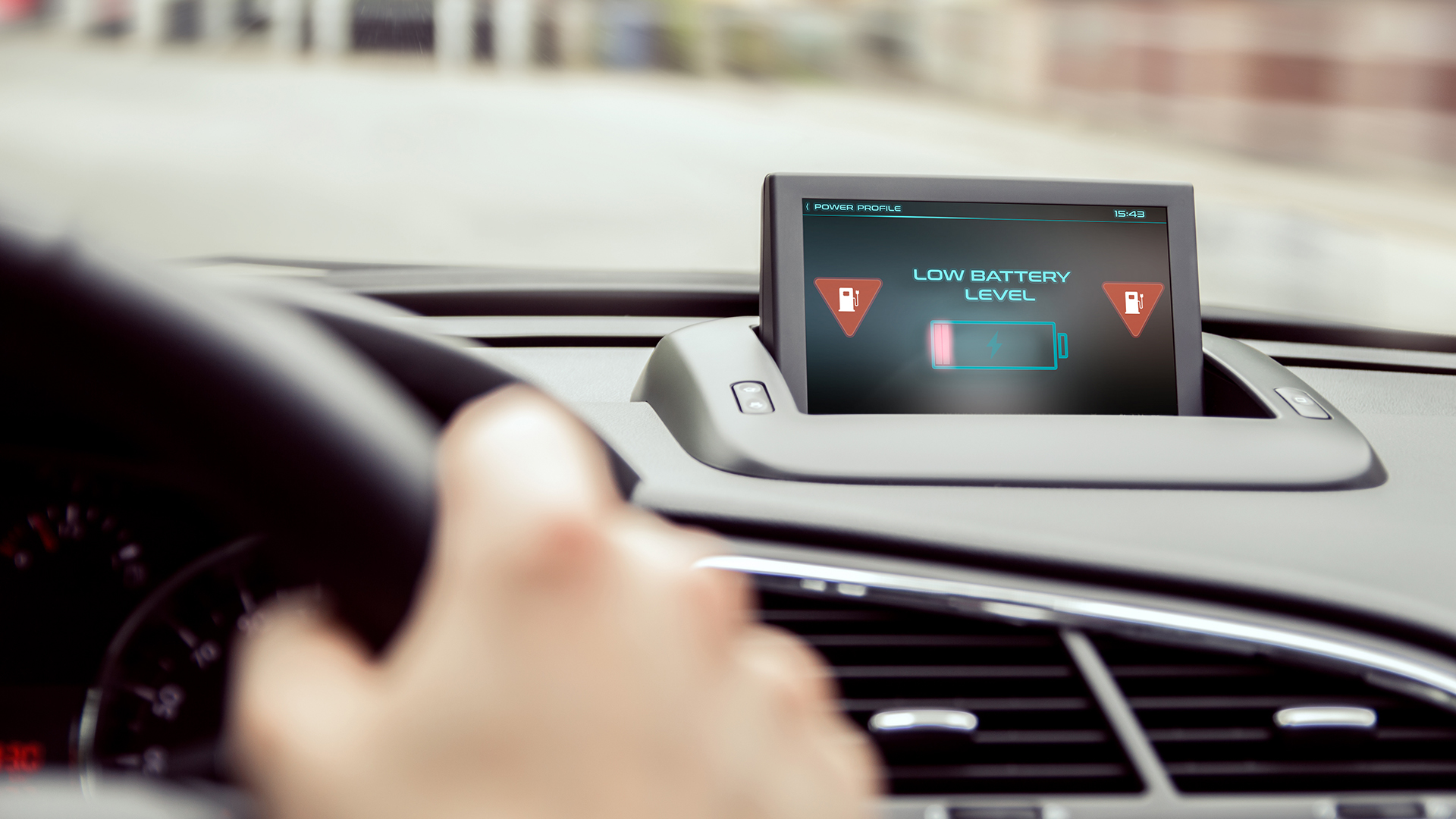
I won’t be able to afford to transition to an EV
If you’re not in a financial position to purchase a new EV right now, leasing has emerged as an increasingly popular option among motorists. By paying a monthly lease cost, individuals with lower incomes can afford the transition to electric vehicles.
In many cases, maintenance packages are available to assist with repairs, plus an exemption from MOT requirements is applicable to lease vehicles that are less than three years old. When upgrading to a newer model, simply return the current car and select a new one.
The risk of replacing the battery is too expensive
There is a growing concern among motorists regarding the cost of EV batteries, as replacing a battery can amount to well over £5,000. In the unlikely event that your EV’s battery needs to be replaced, there is limited room to reduce the cost. However, it may be possible to split the bill into monthly instalments without any interest.
Nevertheless, this should not deter individuals from transitioning to EVs since most manufacturers offer battery warranties of approximately eight years or 100,000 miles. Furthermore, many EV manufacturers provide guarantees that their batteries will last at least five years. The truth is that if you maintain your battery, just as you would an engine, then it will last far longer.
What happens to my EV charger if I want to move house?
Moving to a new house without a charging point does not pose a significant issue, as the charger at your current home can be uninstalled and relocated to your new property by a qualified EV installer. On the other hand, leaving your old home with a charging point can increase its value and attract potential buyers who also own EVs.
Mechanics aren’t equipped to repair EVs
Mechanics not specialising in EV repairs is one of the popular electric vehicle myths. However, as the popularity of EVs continues to grow, the number of garages equipped to repair them is also increasing, making it easier to find affordable maintenance solutions for electric vehicles.
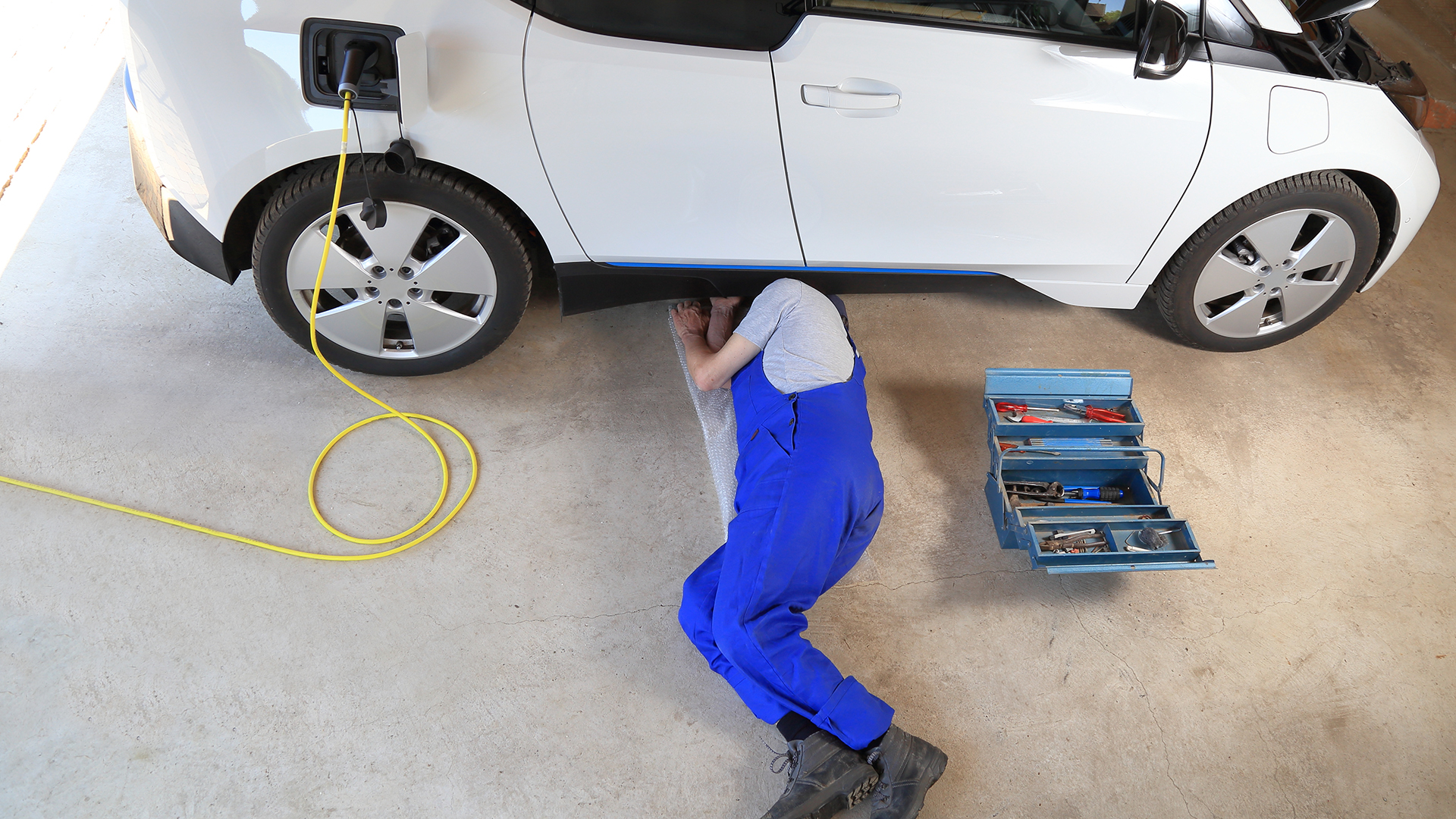
It’s likely that your usual mechanic will be capable of repairing your EV, but to be safe, you ought to check with them in advance to confirm their expertise in this area.
If your regular mechanic cannot provide the necessary assistance, booking an appointment with a specialist garage is a viable alternative, as they are more likely to possess the requisite knowledge and have access to replacement parts – thus enabling efficient and cost-effective repairs or servicing.

